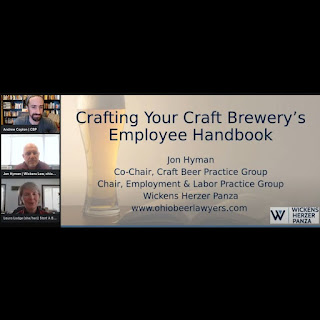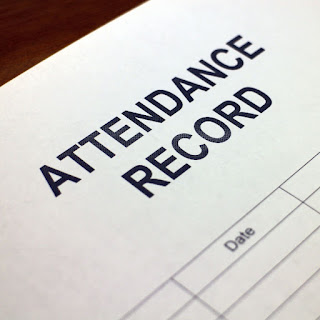Earlier this week I had the pleasure of presenting, Crafting Your Craft Brewery's Employee Handbook, a webinar jointly sponsored by Craft Beer Professionals and Start A Brewery. (Thank you, Andrew Coplon and Laura Lodge, for asking me to present 🍻)
In 60 minutes, I discussed why every business needs an employee handbook and ran through every policy a craft brewery needs in its handbook. While the presentation is craft brewery focused, any business of any size will find most of the information applicable. I guarantee you'll learn something.
You can watch the entire webinar here.
Here's what I read this past week that you should read, too.







